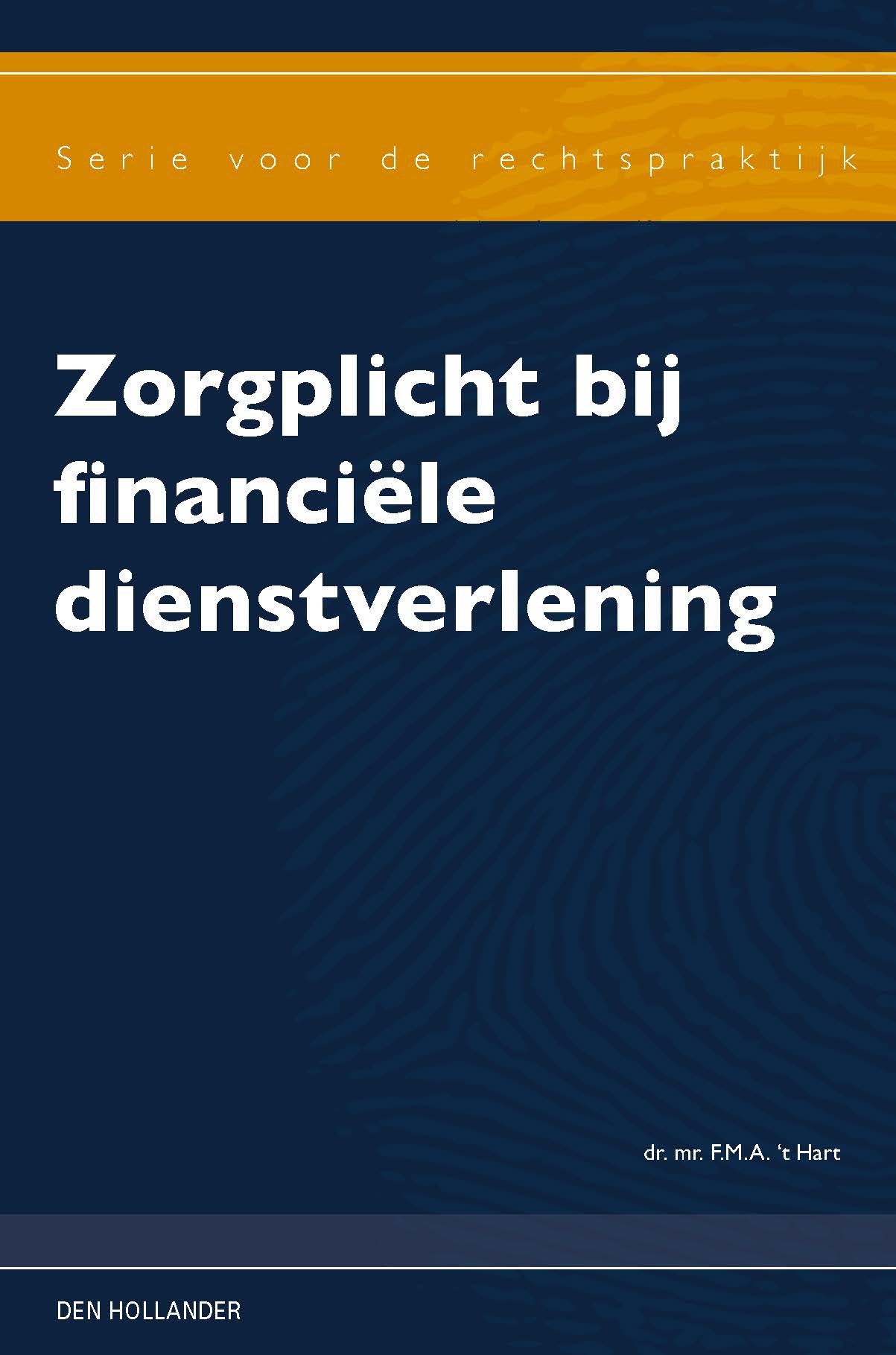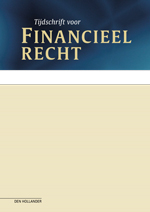Consumed by Sanctions
Celie Verstelle and Sarah Roberto1Artikel kopen € 79,00 excl. BTW
In plaats van abonneren kunt u dit artikel ook afzonderlijk kopen.
Dutch payment service providers are required to perform sanction screening on each of its relationships. This contribution zooms in on the recent discussions and interpretation within the payments sector concerning the definition of a relationship for purposes of sanction screening, the extent of the obligation to screen relationships and whether such a requirement extends to the customers of a payment service provider's customers, namely the consumer. This contribution addresses the question of whether, from a legal perspective, a consumer should be construed as a relationship and highlights the impracticalities, disproportionality and near impossibility for a payment service provider to perform effective sanction screening on a consumer.
1. The start of the sanction regime in the Netherlands
In 1980, the Dutch Sanctions Act (Sanctiewet 1977) (the "Sanctions Act") took force in the Netherlands. Whilst there have been several...
U heeft op dit moment geen toegang tot de volledige inhoud van dit product. U kunt alleen de inleiding en hoofdstukindeling lezen.
Wanneer u volledige toegang wenst tot alle informatie kunt u zich abonneren of inloggen als abonnee.




